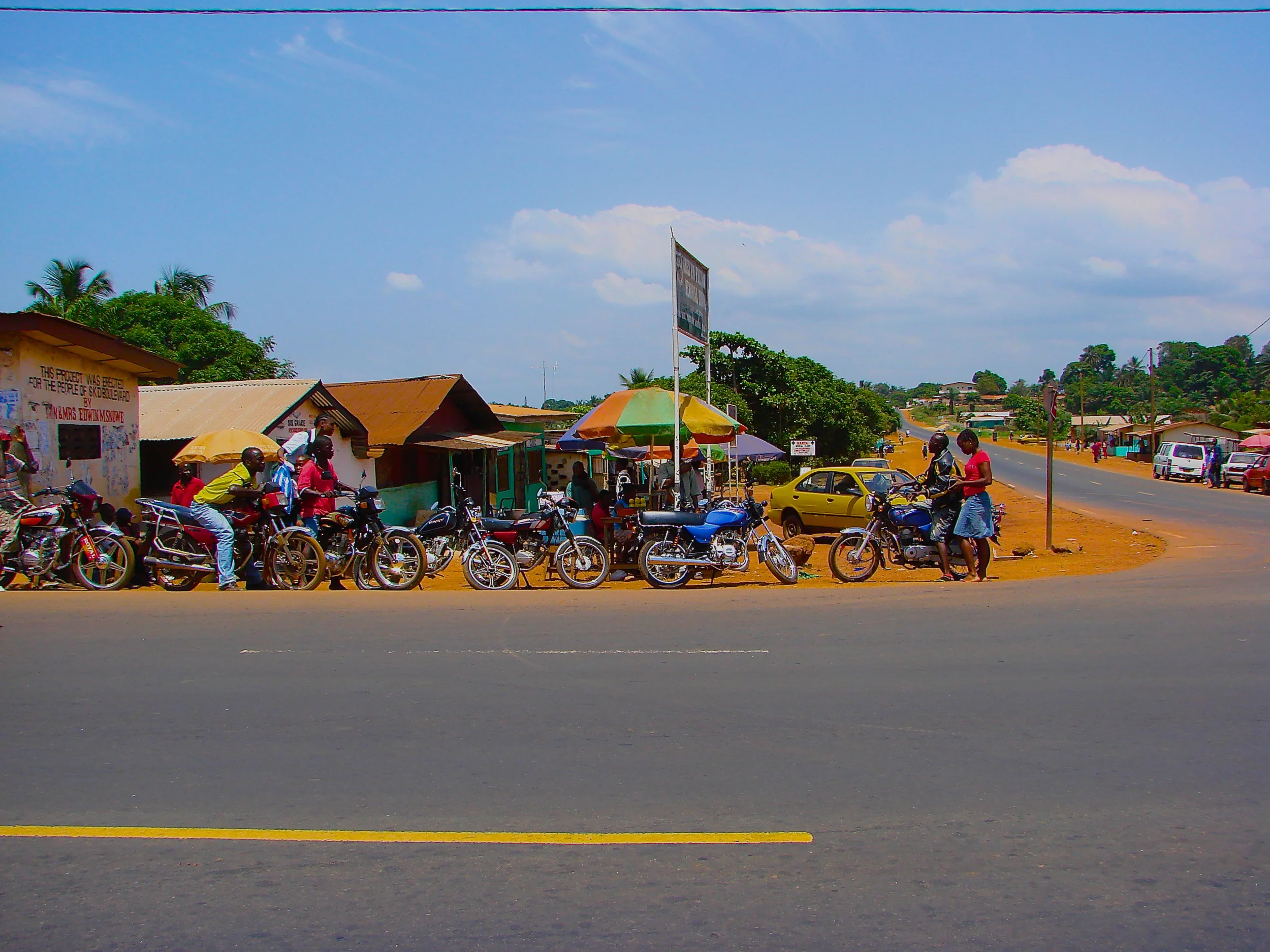The Case for Community
/by Leah Hunt-Hendrix, Co-Founder and Executive Director, Solidaire
When we think of “human rights” we often think about the rights of an individual, up against a community, a government, or a corporation who might seek to violate those rights. These rights are something we say we deserve, simply because we are human. But to truly address our individual rights we need to also think about the health of our communities.
Over the past five years, I have spent my time raising awareness and resources for organizations that are trying to transform the fabric of society. When Alexis de Tocqueville traveled around the US in the 1830s he commented on the thick webs of communities and civic organizations. But today, as Robert Putnam notes in Bowling Alone, our society has become increasingly fragmented. We are more and more characterized by an individualism that leaves each of us to fend for ourselves. Our country is increasingly polarized. It’s hard to imagine an America more divided than we are in this moment.
The task today is to reconstitute a sense of the common good. But to do so, we must examine the structures that hold injustice in place, and think about communities as the site of power to challenge those structures. Community is the space in which we create agreements, laws, and consequences; it is the space in which we can take collective action to shift policies and norms. Individual flourishing and community flourishing are bound together, inextricably interwoven.
At this current juncture, I believe restoring a sense of community or the common good will require at least three things: First, we have to fight for greater economic equality. Ganesh Sitaraman writes in The Crisis of the Middle Class Constitution that the founders of our republic believed that we would be a country of relative equality. They didn’t need to address class warfare in the constitution because they assumed that we wouldn’t have starkly opposed classes, as existed in the old world. But today, the contrast is astounding. The top one percent controls 38% of the nation’s wealth. While some have billions, others are working three minimum wage jobs to get by. In this context, Nick Hanauer worries that “the pitchforks are coming.” We are at risk of social collapse under the weight of this inequality and we must take significant action if we are to avert this crisis.
Second, an “all boats rise” strategy is not enough. We know that systemic racism pervades our society and it must be dealt with directly. In Dog Whistle Politics, Ian Haney Lopez shows how racism is used as a wedge, to divide those with shared interests. Seizing on the tendency towards white supremacy, the ruling class has sown antagonism between low income people in a way that has allowed those in power to roll back regulations on corporations, cut the tax rate, and allow for an unprecedented state of corporate control. Lopez argues that we will not be able to truly address today’s inequality without addressing the role of racism. We have to tackle our prejudice head on, understanding the fears that might motivate it, but unwilling to allow those fears to prevail.
Finally, to address these first two structural problems, we need empowered communities. There is a tendency, at least in philanthropy, to try to solve problems through technocratic solutions. But most of the issues regarding the abuse of human rights involve unjust power differentials. Whether it’s sexual assault and harassment, or rights to privacy, or economic rights, we will not rectify inequities without organized constituencies that are demanding change. As the saying goes, power does not give itself up willingly. “Inside-the-beltway” strategies, which focus solely on policy or high-level diplomacy, will fail unless there is sufficient community-based power holding decision makers accountable. To truly change oppressive structures, we need to build mass movements with a vision of a more just society for all.
It is a sad and scary moment in our history. Threats abound: from climate change, to political upheaval, to our fragile economy. The only way through this is together.
Leah Hunt-Hendrix is the co-founder and Executive Director of Solidaire, a donor community dedicated to funding progressive social movements. She has her PhD from Princeton University, where she studied political theory and philosophy, and wrote a dissertation on the concept of solidarity. The focus of her work is on progressive political power, economic justice and racial justice. She is from New York, and has lived around the world, including in Egypt, Syria, and the West Bank. She currently lives in San Francisco.










